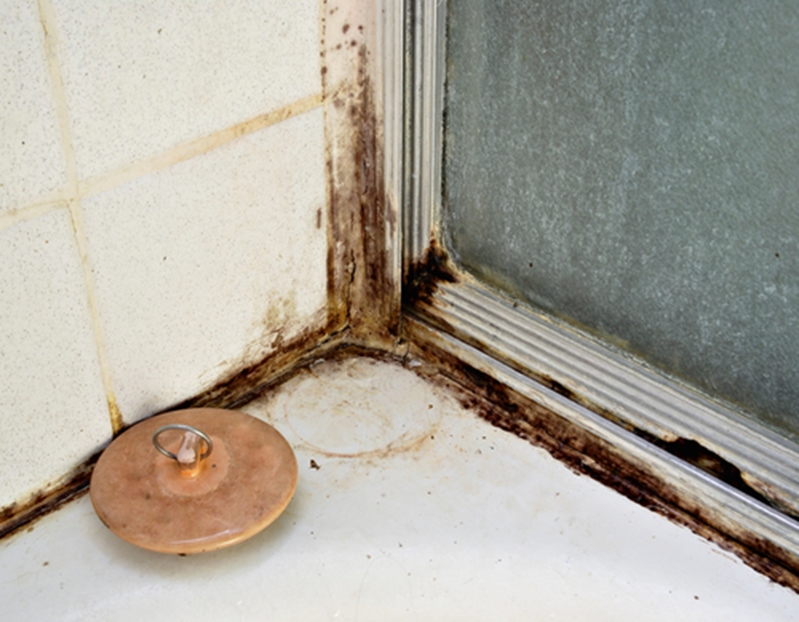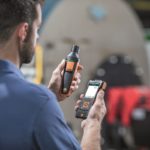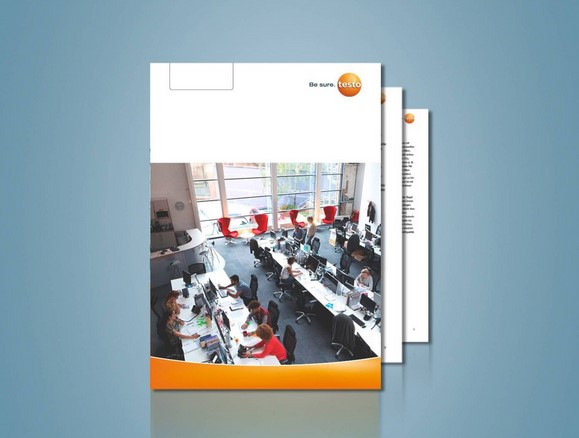While mould may be harmless in certain environments, it can become a serious problem when it grows indoors.
The US Environmental Protection Agency (EPA) noted that preventing mould occurring in offices, schools and other buildings entails executing moisture control measures. High levels of moisture often occurs when areas are quite humid, compelling building managers to detect humidity levels. Using other Smart Tools to measure temperature, HVAC R system air velocity and air volume can also help technicians determine where mould may grow.
When mould wants to procreate, it develops spores.
Why put the time into finding and eliminating this fungus? Mould can introduce a number of health hazards that may induce illness and tarnish employee productivity.
Spores and ailments
The New South Wales’ Health website outlined some of the debilitating effects associated with mould growth. The online publication noted that, when mould wants to procreate, it develops spores. These miniscule particles travel throughout the air and enter the nasal passages of those working near mould-infested areas.
Sometimes, the effects are relatively moderate, inducing a runny or blocked nose. However, mould spores have been known to irritate the eyes and skin, specifically, in people who are allergic to mould. Although it is rare, mould can also cause lung infections, prompting victims to seek medical attention. Rashes, fatigue, sneezing and coughing are also symptoms associated with mould exposure.
 Mould can induce coughing, wheezing and sneezing.
Mould can induce coughing, wheezing and sneezing.The Western Australia Department of Health (DoH) explained the particularly harmful effects associated with mycotoxins. There are toxic moulds that produce such substances, and therefore present more severe health hazards. According to the DoH, when people come into contact with high levels of mycotoxins, there’s a possibility that such persons will suffer neurological issues.
Illnesses and productivity
There are workers who choose to work even when they’re not feeling optimal. A study conducted by researchers from Utrecht University in The Netherlands noted that job demands prompt some employees to be present at their jobs even when they should be taking sick days. This behaviour eventually leads to burnout, which could lead such professionals to seek other positions.
Overall, contracting HVAC R technicians to detect mould could be seen as a part of a company’s retention policy. By using Smart Tools to detect humidity, temperature and airflow rates, administrators can determine where mould may be growing and eliminate it. Thus, they’re reducing the risk of workers becoming ill.
If you want to know more about Testo Australia’s Smart Tools, get in contact with one of our sales associates today.









 Reduce cooking oil costs while ensuring quality
Reduce cooking oil costs while ensuring quality Expert knowledge on CO2 monitoring
Expert knowledge on CO2 monitoring Refrigeration knowledge - in 3 modules
Refrigeration knowledge - in 3 modules



